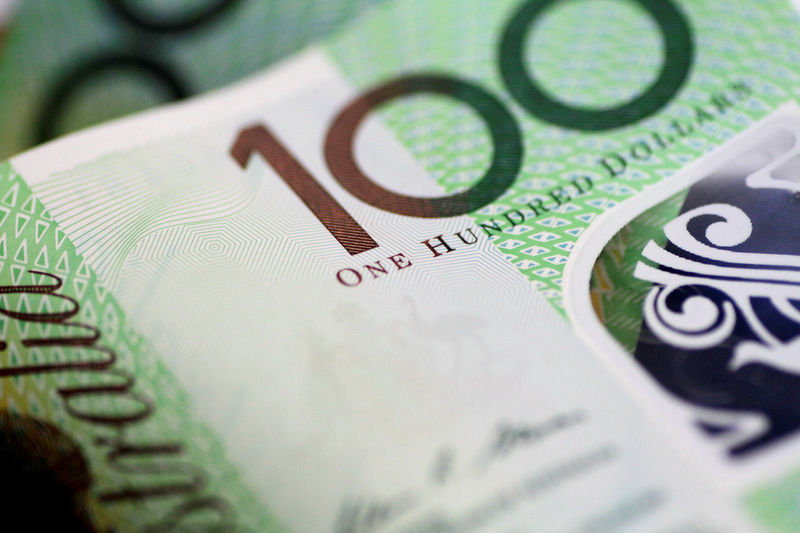Investing.com — Most Asian currencies moved little on Tuesday as markets hunkered down before a widely expected interest rate hike from the Federal Reserve this week, while the Australian dollar surged on an unexpected rate hike by the Reserve Bank
The jumped 1% after the Reserve Bank of Australia unexpectedly hiked its by 25 basis points, to 3.85%. The move ducked market expectations that the bank will hold rates steady after pausing its rate hike cycle in April.
The RBA cited stubborn inflation as the main motivator for the move, stating that inflation still remained “too high.” read at 7% in the first quarter of 2023, well above the RBA’s target range of 2% to 3%.
The RBA also said that it will consider more rate hikes, although future action will be largely dependent on economic data.
Broader Asian currencies moved little, as focus turned to the conclusion of a two-day Federal Reserve meeting on Wednesday. Regional trading volumes were also muted on account of a Chinese market holiday.
The fell 0.1% to a near two-month low, as it continued to reel from dovish signals offered by the Bank of Japan. The BOJ last week, and signaled that it had no intention of altering its ultra-loose policy in the coming months.
While Chinese markets were closed, weak economic signals from the country also weighed on most regional currencies. China’s unexpectedly shrank in April, data showed over the weekend, while growth in the missed estimates.
The reading showed that a post-COVID rebound in the economy was running out of steam, which could herald continued weakness for China’s largest regional trading partners.
The slid 0.4% on Monday, and was trading at a near two-month low. Chinese markets will resume trade from Thursday.
Broader markets were largely focused on Wednesday’s Fed meeting, where the central bank is expected to .
The and fell slightly on Tuesday after logging strong gains over the past two sessions.
But markets are uncertain over whether the Fed will signal a pause in its rate hike cycle, given that inflation remained sticky in recent months. High U.S. interest rates bode poorly for Asian currencies, as the gap between risky and low-risk yields narrows.
Read the full article here




